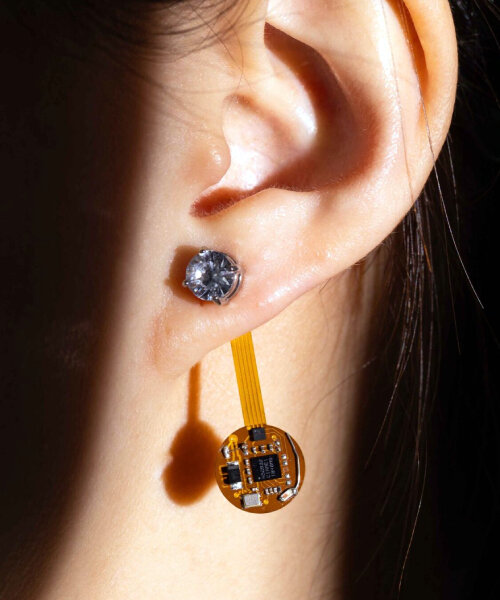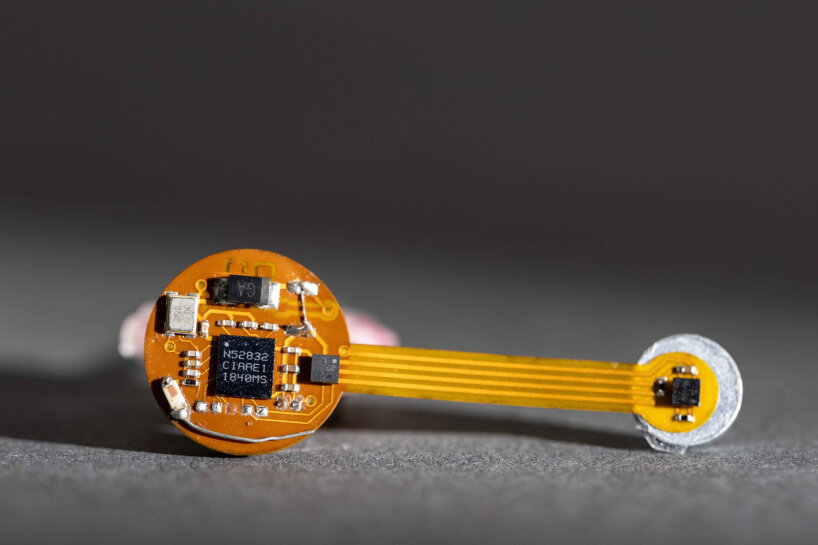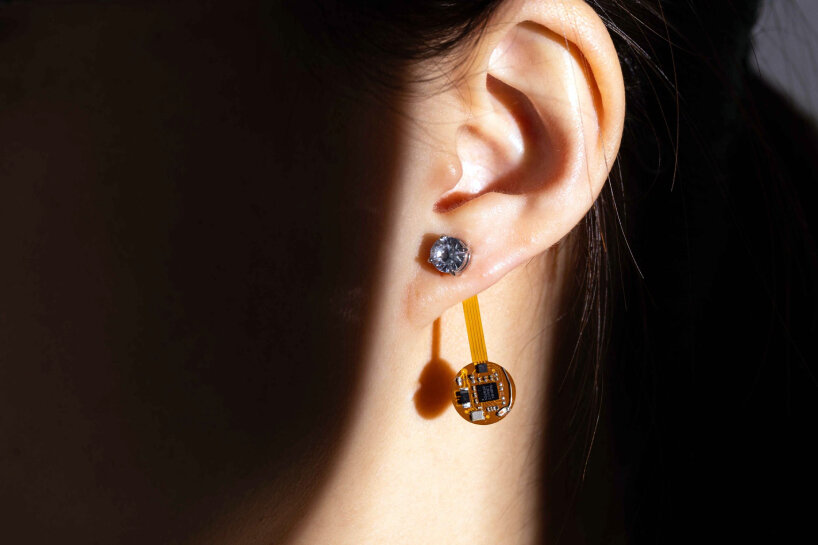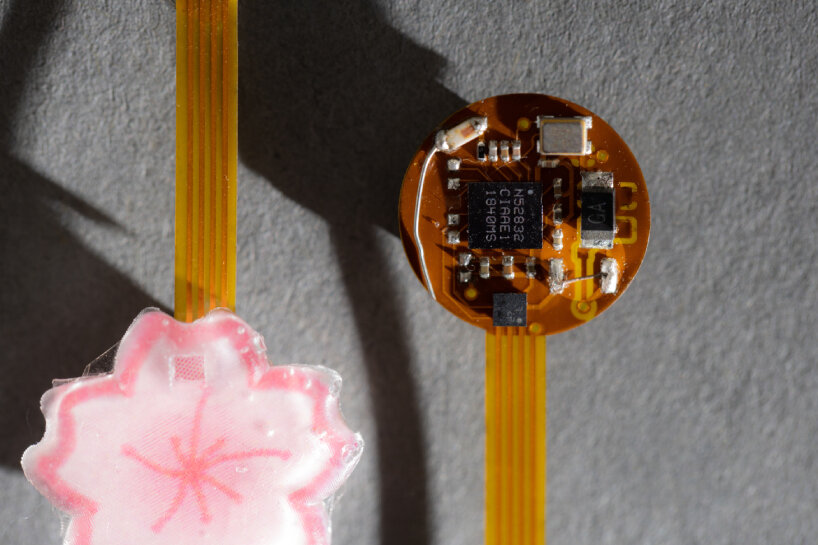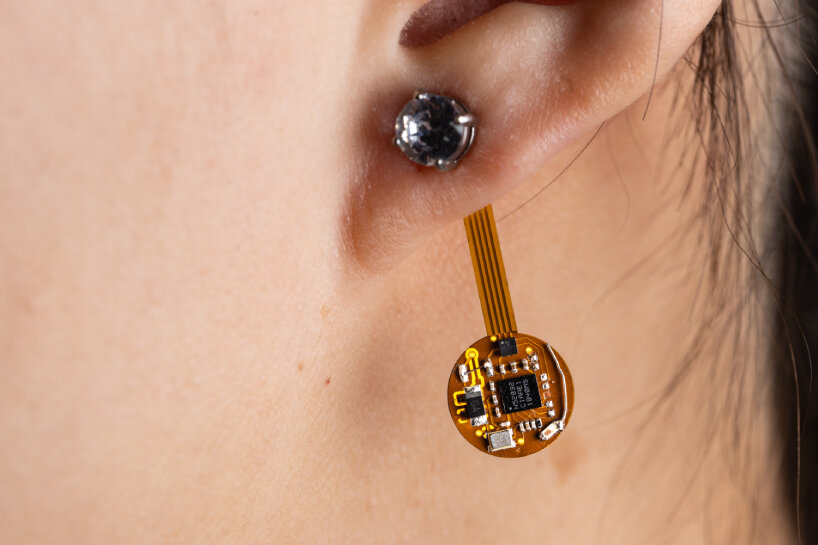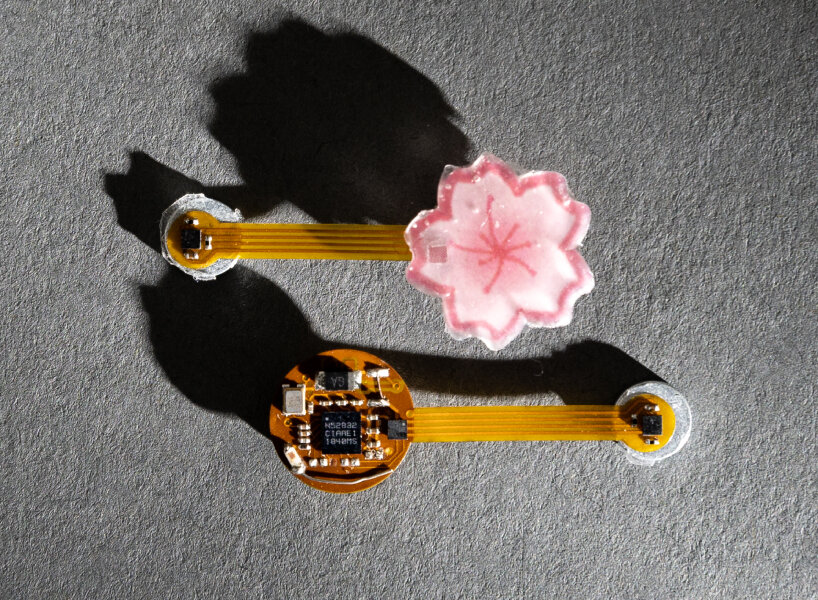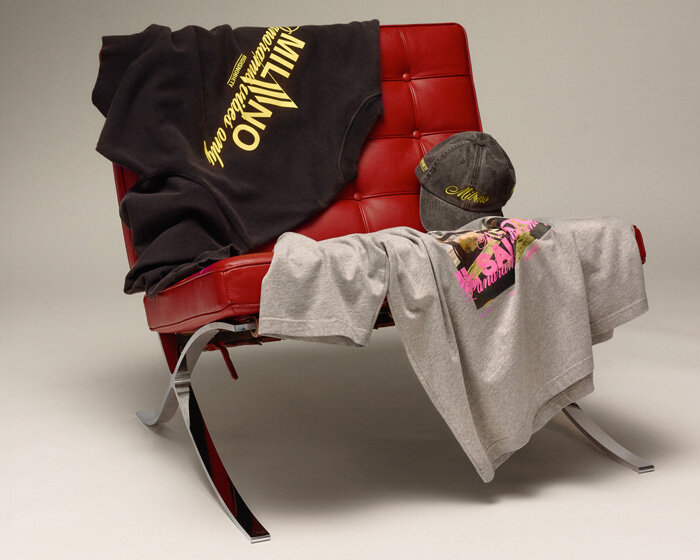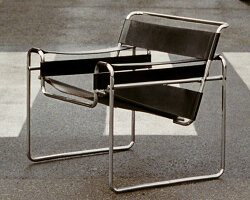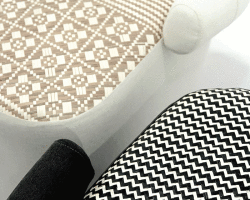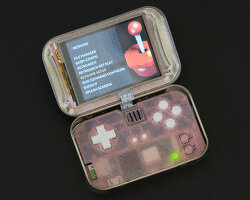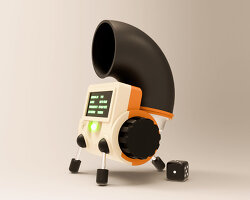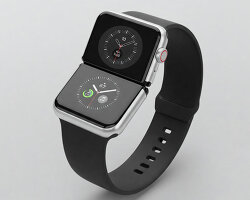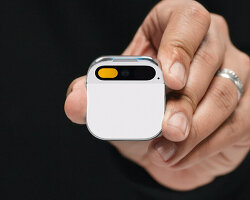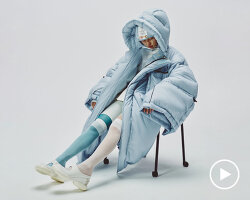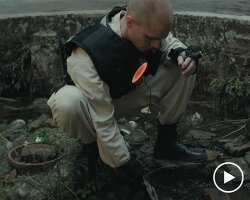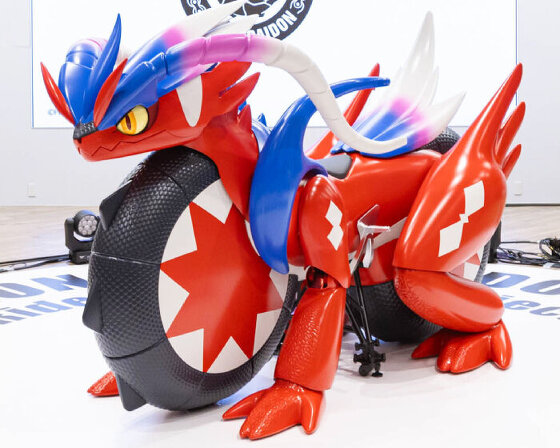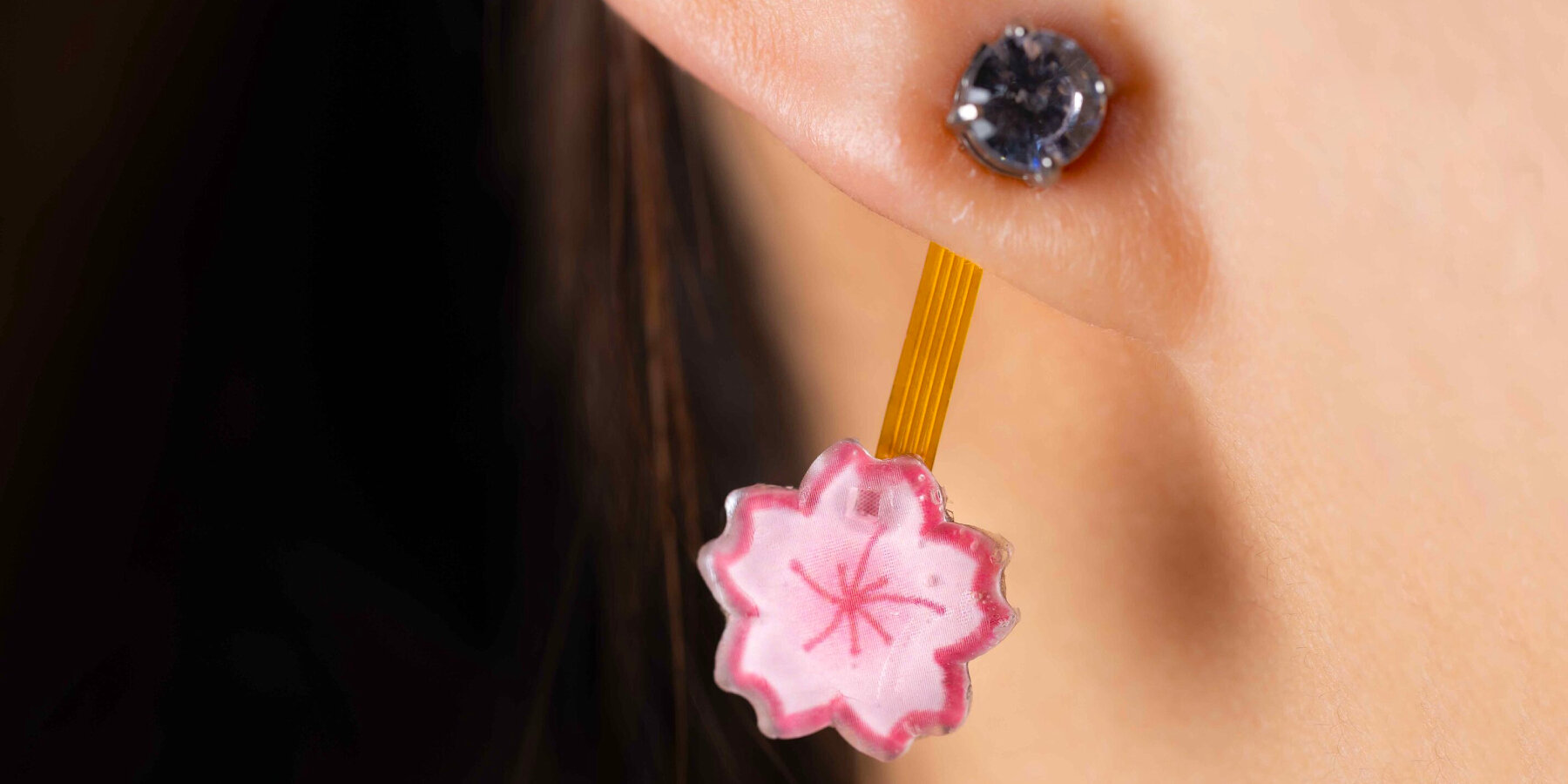
the Thermal Earring is customizable with resin designs
KEEP UP WITH OUR DAILY AND WEEKLY NEWSLETTERS
happening now! step inside highsnobiety’s not in milan: classics reinvented – where design’s past meets its future – as designboom previews the show ahead of milan design week 2025.
explore the series of high-tech toys and devices designed with modern features for adults.
its external body features abstract semi-circles in white and gray over a warm gray base, subtly evoking the ripples and waves of flowing water.
connections: +430
designboom interviews chief design officer gorden wagener to discuss the ‘frunk’, AI agents that detect the driver’s moods, and more.
a real-life model of the two-wheeler appears at honda welcome plaza aoyama in tokyo, japan in march 2025.
connections: +550
